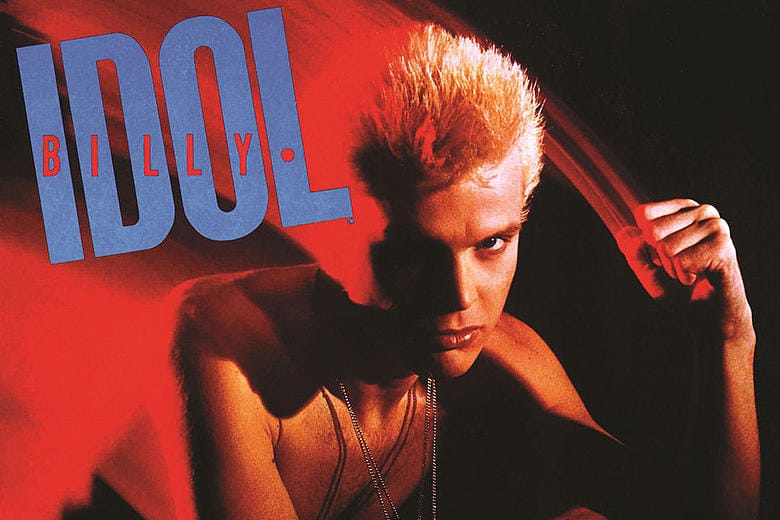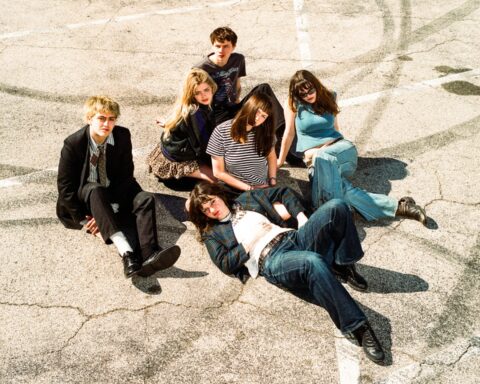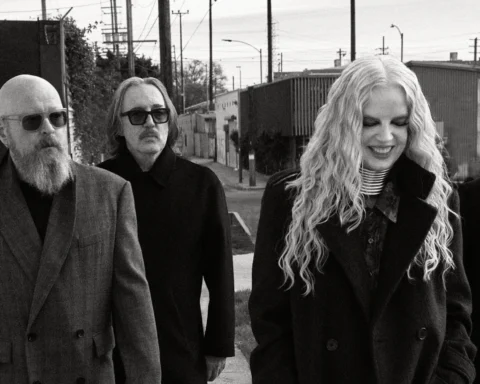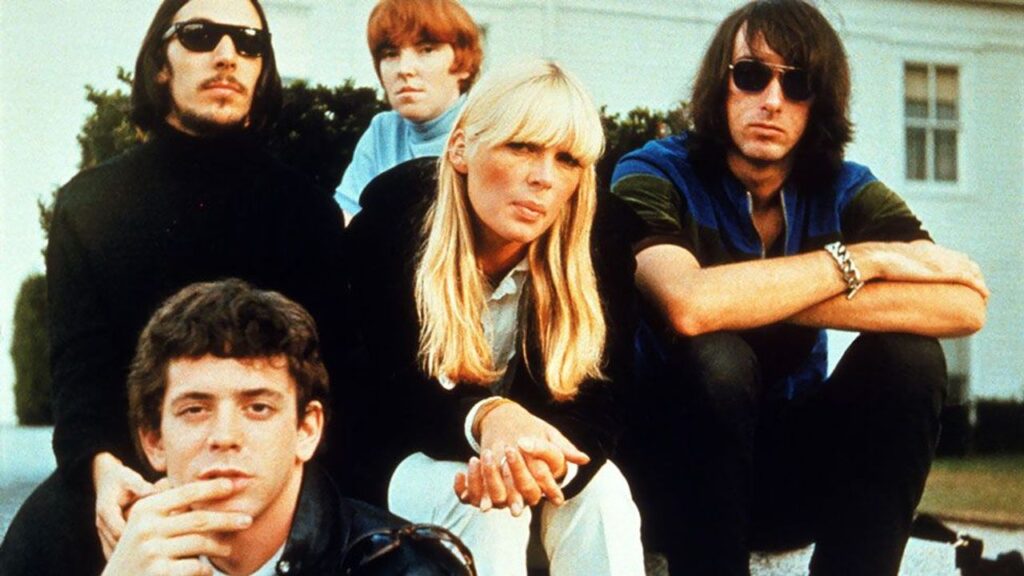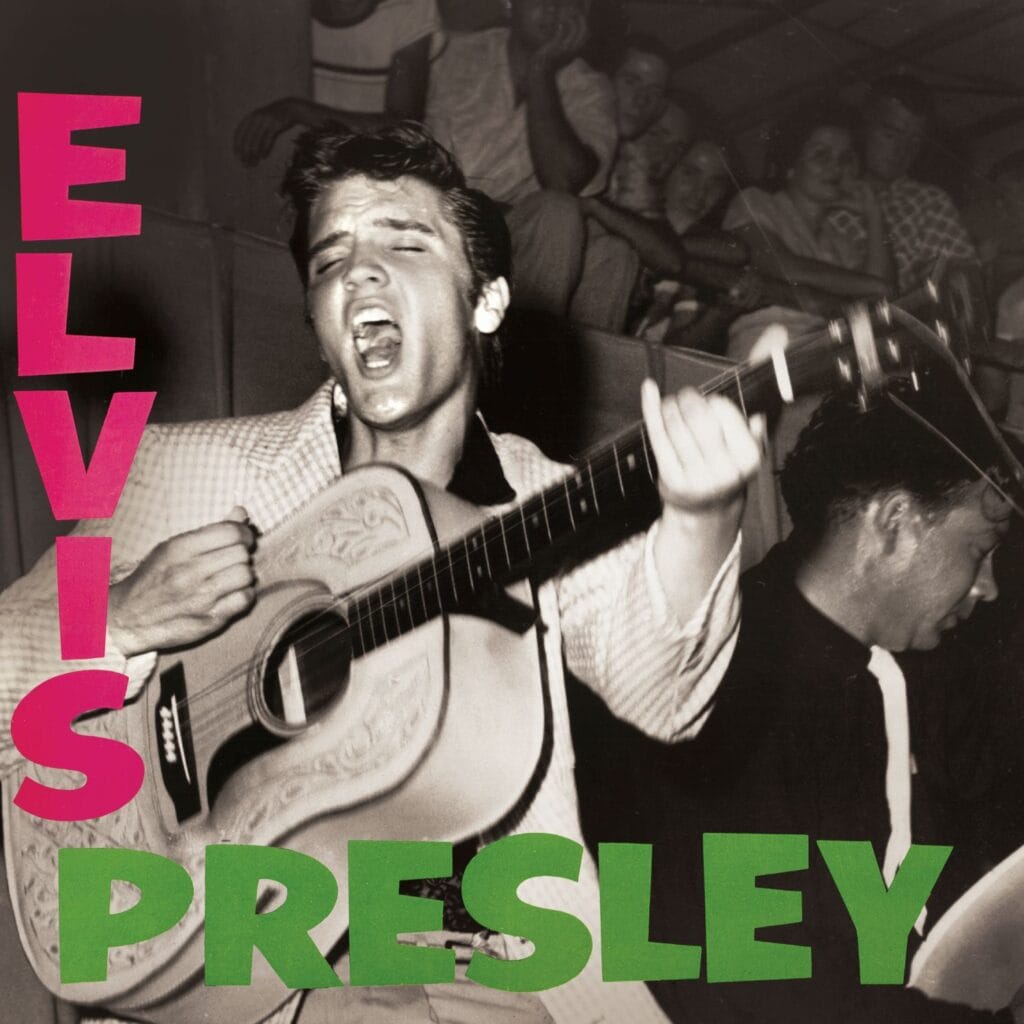In the wild, glam-infused world of the 1980s, few albums captured the electric spirit of rock as vividly as Billy Idol’s Rebel Yell. Released on November 10, 1983, this album wasn’t just a collection of songs; it was a declaration of defiance, a soundtrack for rebels and rockers alike, drenched in swagger and punk attitude. Let’s take a journey through this iconic record, exploring the riffs, the rebellion, and the impact that made Rebel Yell a cornerstone of 80s rock culture.
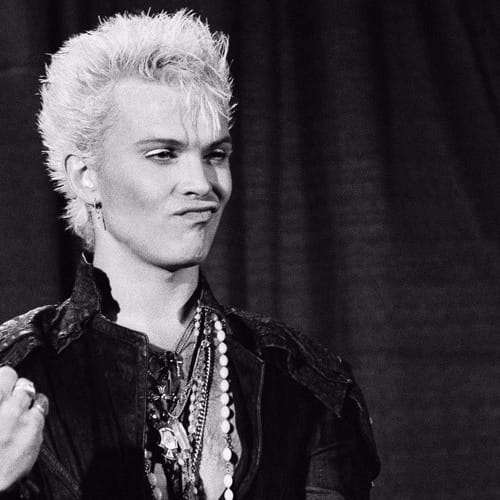
A Blast of Energy: The Making of Rebel Yell
Billy Idol, born William Michael Albert Broad, was already a name on the rise by the time he released Rebel Yell. His self-titled debut album had brought him fame with hits like “White Wedding” and “Dancing with Myself,” but it was with Rebel Yell that Idol truly cemented his place in the rock pantheon.
The album was recorded at Electric Lady Studios in New York, a place synonymous with rock royalty, from Jimi Hendrix to Led Zeppelin. Idol, along with his right-hand man and guitarist Steve Stevens, crafted an album that combined punk’s raw energy with the melodic hooks of pop and the power of rock. It was a sound that was both familiar and refreshingly new, embodying the rebellious spirit of the era.
Stevens’ guitar work was particularly notable, adding a distinctive flair to Idol’s music. His use of the Ray Gun effect on the guitar—a distinctive sound that mimics a sci-fi laser beam—became a signature element of Rebel Yell. This was rock music with a futuristic edge, reflecting the high-energy, anything-goes attitude of the 80s.
The Songs That Roared
The album opens with its title track, “Rebel Yell,” an anthem that perfectly encapsulates Idol’s image—brash, bold, and irresistibly catchy. With its pounding drums, pulsating bassline, and Stevens’ explosive guitar riff, “Rebel Yell” became an instant classic. The song was inspired by an encounter Idol had with members of The Rolling Stones, who were drinking a whiskey named Rebel Yell. The phrase stuck with Idol, and it became the rallying cry for one of rock’s most enduring anthems.
Following the adrenaline rush of “Rebel Yell,” the album continues with “Daytime Drama,” a track that showcases Idol’s knack for blending rock with a touch of pop sensibility. It’s a mid-tempo rocker that still retains the album’s rebellious edge, with Idol’s snarling vocals and Stevens’ intricate guitar work.
“Eyes Without a Face” is perhaps the album’s most surprising track. A haunting ballad, it contrasts sharply with the aggressive energy of the other songs. The melancholic melody, combined with Idol’s introspective lyrics and the ethereal backing vocals, offers a moment of reflection amidst the album’s relentless pace. This track showed that Idol was more than just a rock rebel—he was a versatile artist capable of deeper emotional expression.
Then comes “Blue Highway,” a high-octane rocker that picks up the pace again. With its driving beat and infectious chorus, it’s a perfect road-trip anthem, embodying the freedom and excitement of hitting the open road. The album’s final track, “The Dead Next Door,” is a dark, moody piece that ends Rebel Yell on a haunting note, showcasing the depth and range of Idol’s musical influences.
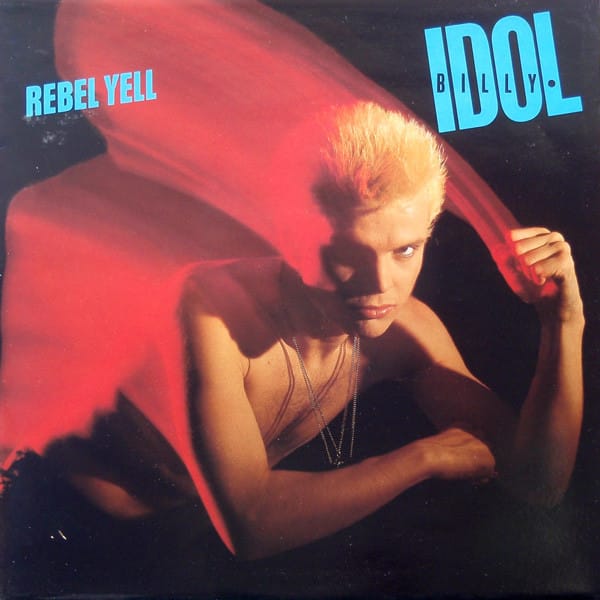
Going Through Time
Rebel Yell was more than just an album; it was a cultural phenomenon. It reached No. 6 on the Billboard 200 chart and produced several hits, with “Rebel Yell” and “Eyes Without a Face” becoming MTV staples. The music videos, featuring Idol’s trademark sneer, platinum blonde hair, and leather-clad swagger, were as much a part of the album’s success as the songs themselves. Idol’s image became synonymous with the 80s rock scene, influencing a generation of musicians and fans alike.
The album’s success also helped bridge the gap between the punk movement of the late 70s and the glam-metal explosion of the mid-80s. Idol’s music retained the rawness and attitude of punk but was polished enough to appeal to mainstream audiences. This fusion of styles made Rebel Yell a defining album of the decade, one that continues to resonate with listeners even decades later.
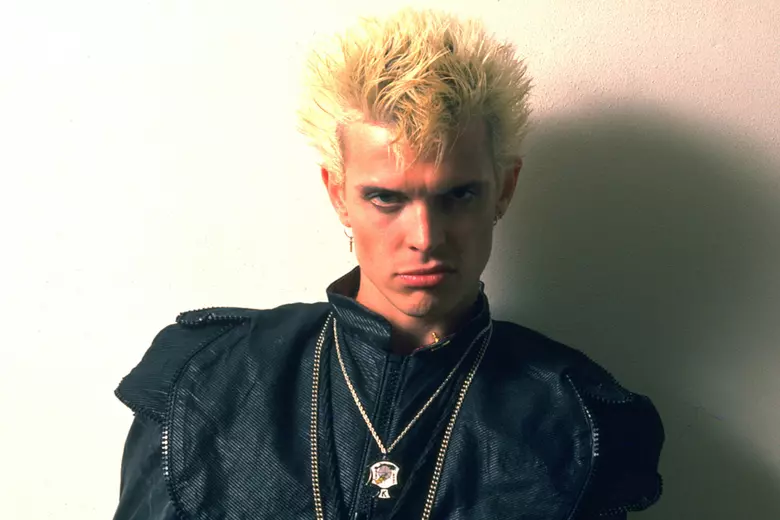
Why Rebel Yell Still Matters
Rebel Yell remains a testament to the power of rock ‘n’ roll, a genre that, at its best, is all about energy, emotion, and rebellion. Billy Idol captured that lightning in a bottle, delivering an album that was as much about attitude as it was about music. It’s an album that, even after all these years, still feels fresh and vital—a reminder of a time when rock music was about more than just the sound; it was about living life on your own terms.
So, crank up the volume, feel the power of Stevens’ guitar, and let Billy Idol’s Rebel Yell transport you back to a time when rock was raw, rebellious, and gloriously untamed.
